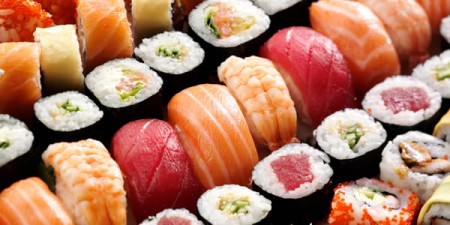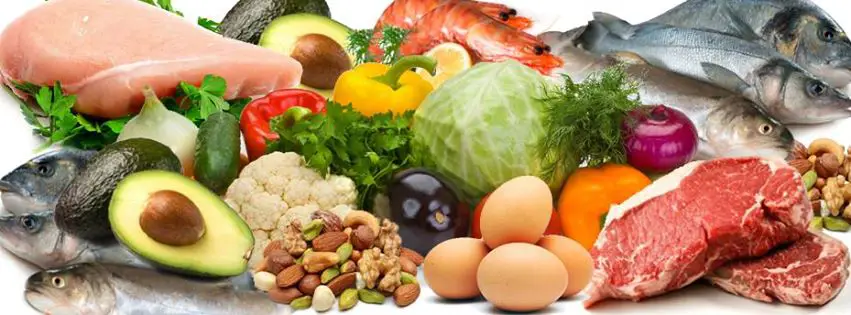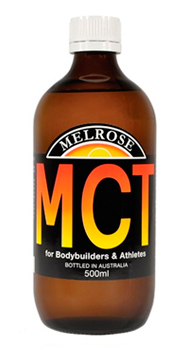These days it seems as if there is literally some faddy diet or another that covers pretty much every food and drink you can possibly think of. There are: all beer diets, chocolate diets, wine diets, cabbage soup diets, there’s even a diet which requires people to consume cotton wool so that it swells up in their stomachs and makes them feel full for longer, thus drastically cutting back on the number of calories they consume due to not being hungry. Needless to say, many of these faddy diets are ineffective, aren’t practical in the slightest, and in some cases, the cotton wool diet for example, are incredibly dangerous and unhealthy. Some diets however, are not only effective when it comes to weight loss and building a better physique, but are also very healthy and beneficial for us and could help contribute towards a prolonged, healthy, and happy life as a result. One such diet for example, is known as the Japanese diet, or sometimes the Okinawa diet. This diet is actually not primarily intended for weight loss, though weight loss and weight management are two very handy benefits that followers of this diet tend to enjoy, the Japanese diet is actually intended for health, fitness, and general well-being purposes instead. What’s especially interesting however, is that this diet shares a lot of similarities with the keto diet. Here we’ll be taking a look at each diet, how they work and what the main benefits are, before looking at how they’re similar to each other, plus how they’re different.
The Japanese diet – Sometimes referred to as the Okinawa diet because it originated in Okinawa, Japan, the Japanese diet is considered by many to be one of the healthiest and most beneficial diets in the entire world. Japanese people are fortunate enough to enjoy some of the longest life spans in the whole world, particularly those residing in Okinawa. In Japan, it isn’t uncommon for individuals to live into their mid to late nineties, sometimes even their hundreds, and experts all across the globe all agree that the main reason why people from this part of the world are able to enjoy such prolonged life spans is down mainly to their diets. The Japanese diet is primarily comprised of fresh, healthy, natural, unprocessed foods, which is why common ailments such as Heart disease, cancer, heart attacks, hypertension, and stroke, are so uncommon in this part of the world. Typically they will consume a lot of fresh fish and seafood, along with fresh fruits, nuts, vegetables, and seaweed. They do consume breads and products made with flour, but the flour is the far healthier wholegrain or whole meal flour, rather than processed, bleached, chemical-laden white flour famous in the Western world. Another reason why the Japanese are considered so healthy is the fact that they practice different eating methods to other cultures. For example, they practice what is known as “8 parts of 10” or, “Hara Hachi Bu”, which means they will finish meals when they feel roughly 80% full, rather than some people, who will eat until they feel physically ill.
The keto diet – Keto diets, or ketogenic diets as they’re sometimes known, are renowned for being low carb diets which result in the liver synthesizing ketones which are then used for generating energy, rather than carbohydrates which are then broken down into glucose sugar molecules for energy. People often get Keto diets confused with the Atkins diet, though keto diets are different due to the fact that whilst they’re low in carbohydrates, they’re also relatively low in proteins, requiring followers of the diet to get around 70% of their daily macros from fats instead. The aim of the diet is to of course force your body into a ketogenic state, and to keep it there to assist with not only weight loss, but also energy increases and physical performance as well. The main benefit of keto diets is that they increase the body’s natural ability to utilize body fats for energy, so you basically burn fat as your primary energy source, even in a sedentary state. Keto diets also help promote insulin resistance which can help regulate blood sugar levels.
What are the similarities between the two diets? – So far you’re probably not seeing much correlation between the Japanese diet and the Ketogenic diet, because one is actually more like a lifestyle than a diet at all, that one being the Japanese diet, whereas the Ketogenic diet is designed for people to deliberately change their eating habits to improve their physiques and physical performance. Despite this however, the two diets are pretty similar, especially when it comes to which foods are consumed. For example, common foods consumed on the Japanese diet include:
- Fresh fish
- Seafood
- Fresh vegetables
- Nuts
- Seeds
- Tofu
- Avocados
- Water
- Mushrooms
- Seaweed
You’ll notice that the foods listed above are all natural, are generally low in carbohydrates, are relatively high in protein, and many of them are also rich in healthy fats, especially the avocados, nuts, seeds, and of course various forms of fish and seafood. All of the above foods are consumed regularly on a Ketogenic diet, even fresh fruits in small quantities, as well as vegetables, even of the starchy variety. Of course both diets also incorporate different foods, as the Japanese diet also involves sushi and sushi rice, which is of course, high in carbohydrates. Ketogenic diets also promote the consumption of red and white meat, and whilst the Japanese diet also allows those meats in small quantities, they aren’t considered staple parts of the diet, as they are with Keto. Generally speaking however, with a little tweaking, ketogenic diets and a traditional Japanese diets can be roughly the same thing, providing numerous health benefits in the process.








Could you please explain to me the following:
I have had barely any carbs since Tuesday. Today, Saturday, I used a ketone strip to check my level. I was at the lowest spectrum. I’ve lost 8 #s (which I know is water). But I am a bit confused about what to make. Apparently, I should use a macro calculator. Should I be writing everything down?